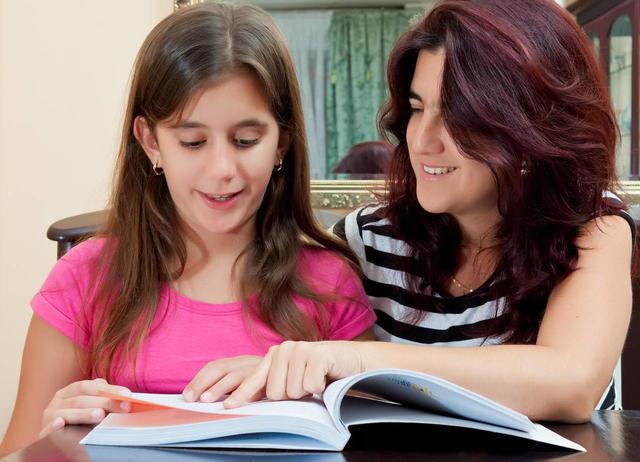"We stigmatize doubt to the point that people feel guilty for even having the questions. That's not conducive to spiritual growth," J. Spencer Fluhmna, assistant professor of history at BYU, tells BYU Magazine.
"Doubt creates space for faith to exist. Faith has no meaning without doubt. We have to make peace with that as a people. To have faith is to experience, at some point, its alternative, its opposite. It makes the life of faith so rich and rewarding. I think we need to be done pathologizing doubt."
When Tom Puzey was a teenager, he became perplexed by arguments challenging his religious beliefs. He went to his dad, Kim B. Puzey, "in emotional anguish," doubting all he had been taught. His father smiled, hugged him, kissed him on the cheek, and said, "This is wonderful."
Then his father told him, "It's okay to question . . . You'll figure it out. And Tommy--you're going to be okay. I promise." Tom recalls, "I believed him."
Kim and his wife, Julie Romney Puzey, are among the many LDS parents who find their children (or other loved ones) asking difficult questions. These uncertainties can lead to family tension, weakened faith, and angst of the soul--or to stronger family relationships, deeper faith, and peace of the soul.
Kim's reaction to his son's crisis illustrates a helpful model for how parents might respond when children come to them with questions and doubts, according to BYU professors Rachel Cope, assistant professor of Church history, and J. Spencer Fluhman, assistant professor of history.
"If parents are fearful of the questions, that could feed the crisis because it implies something's wrong," says Cope. "If they can't even go there, their children will assume there must be a real issue. There needs to be less fear and more willingness to talk."

